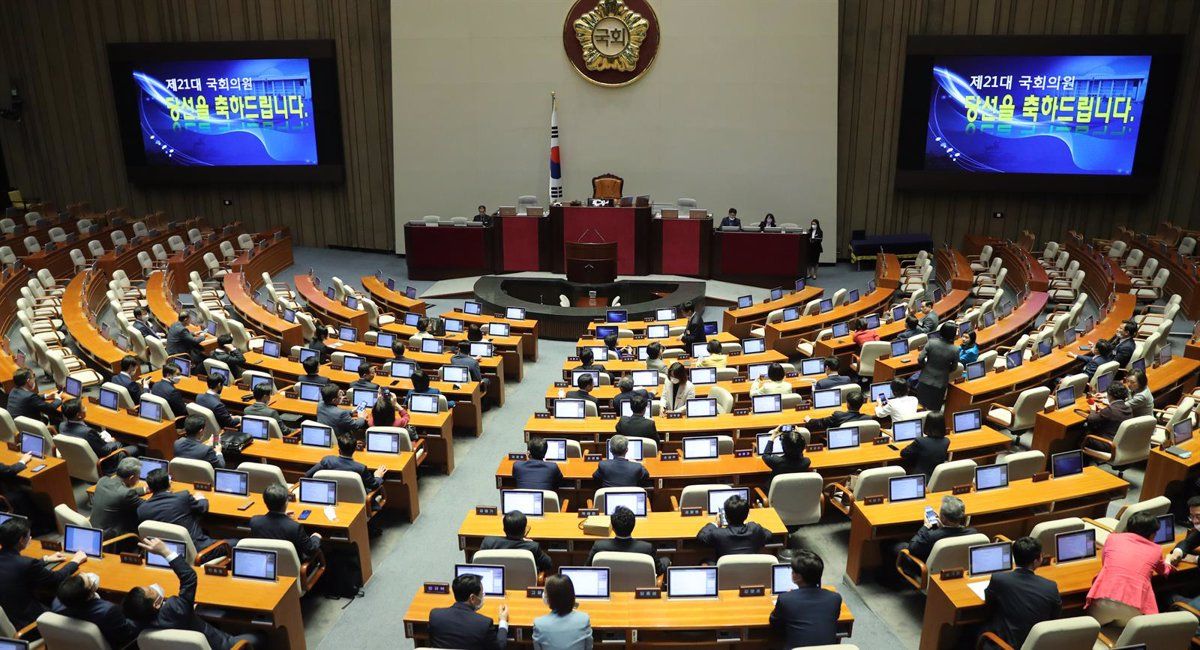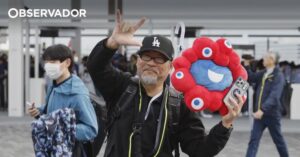
In South Korea, the main opposition Democratic Party (DP) and minor opposition parties have unilaterally elected 11 parliamentary committee heads, while the ruling People Power Party (PPP) has boycotted the plenary meeting on the vote.
Although the legal deadline to form the 18 standing committees has expired, the ruling party and the opposition have remained at odds over who would lead the parliamentary committees during the first two years of the 22nd National Assembly, which began its fourth term late last month. .
A total of 191 lawmakers from the DP and other opposition parties participated in the vote to elect the chairmen of 11 standing committees, including the judiciary, media and leadership committees.
The DP confirmed that it would unilaterally select the chairmen of such standing committees if it was unable to reach a last-minute agreement with the PPP before the plenary session.
With the latest vote, the 11 committees will be chaired by DP lawmakers, including lawmaker Jung Chung-rae, who will lead the legislative and judicial committee.
Tensions between South Korea and Japan over the inclusion of the Sado mine in World Heritage
This marked the first time in South Korea’s constitutional history that the opposition bloc selected the heads of parliamentary committees in a unilateral vote. At the end of May, the first plenary meeting of Parliament It began without the ruling party, to an unprecedented extent.
For its part, the PPP warned that it will consider boycotting parliamentary meetings and all standing committee activities if the DP goes ahead with the formation of the committees without its consent.
The main point of disagreement is who will chair the three main committees, including the legislative and judicial committee. This is a key parliamentary panel that has the power to approve bills before they are put to a plenary vote.
The People Power Party (PPP) has argued that it should lead the legislative and steering committees, as the second largest party has traditionally held the position of chair of the legislative committee, while the ruling party has led the committee. of direction.
The steering committee is another key body, charged with managing the general operations of Parliament and overseeing the presidential office. Legislator Park Chan-dae of the Democratic Party (DP) will chair this committee.
Last week, legislator Woo Won-shik, also from the DP, was elected as the new parliamentary speaker, in a unilateral vote by the opposition parties.
The DP won 175 seats in the 300-member National Assembly in April’s general election.
In South Korea, it has been customary for the party with the most parliamentary seats to assume the position of parliamentary speaker, while the party second in terms of representation assumes the presidency of the legislative committee.
Source: https://reporteasia.com/politica/2024/06/11/disputas-parlamentarias-corea-sur-partido-democratico-seleccion-unilateral-jefes-comites/

